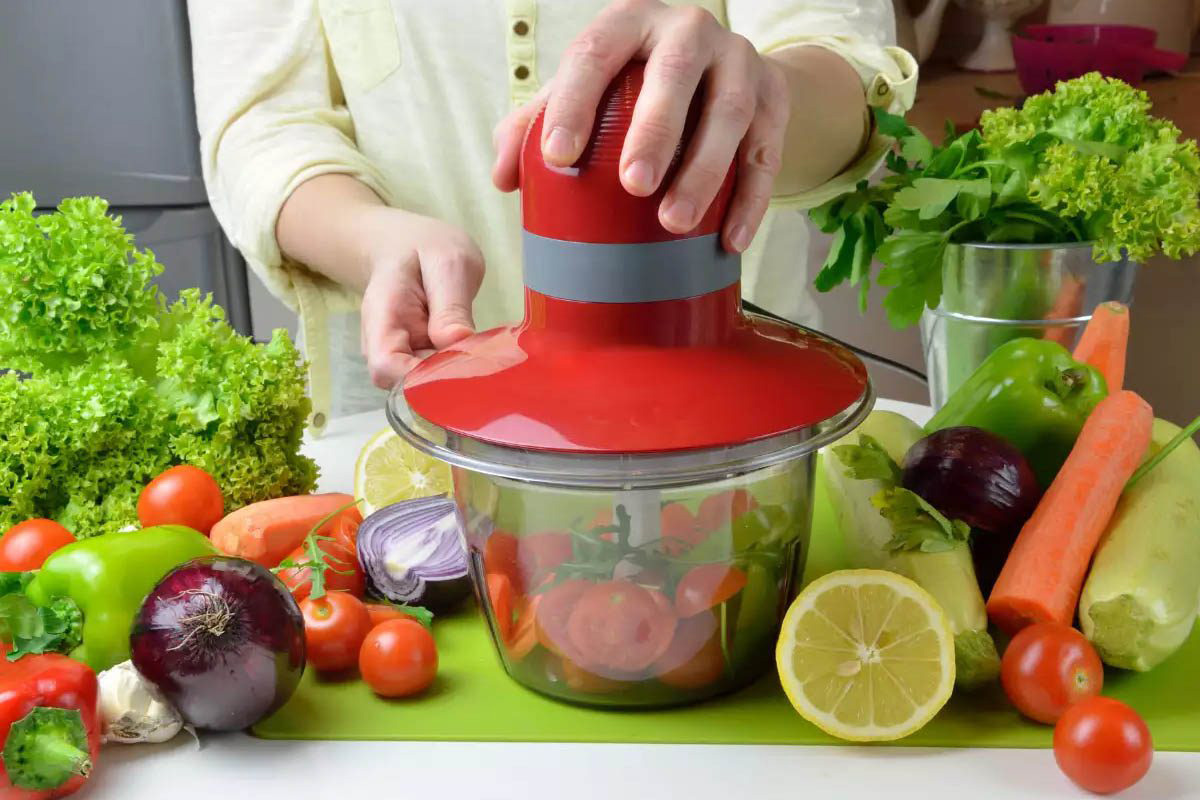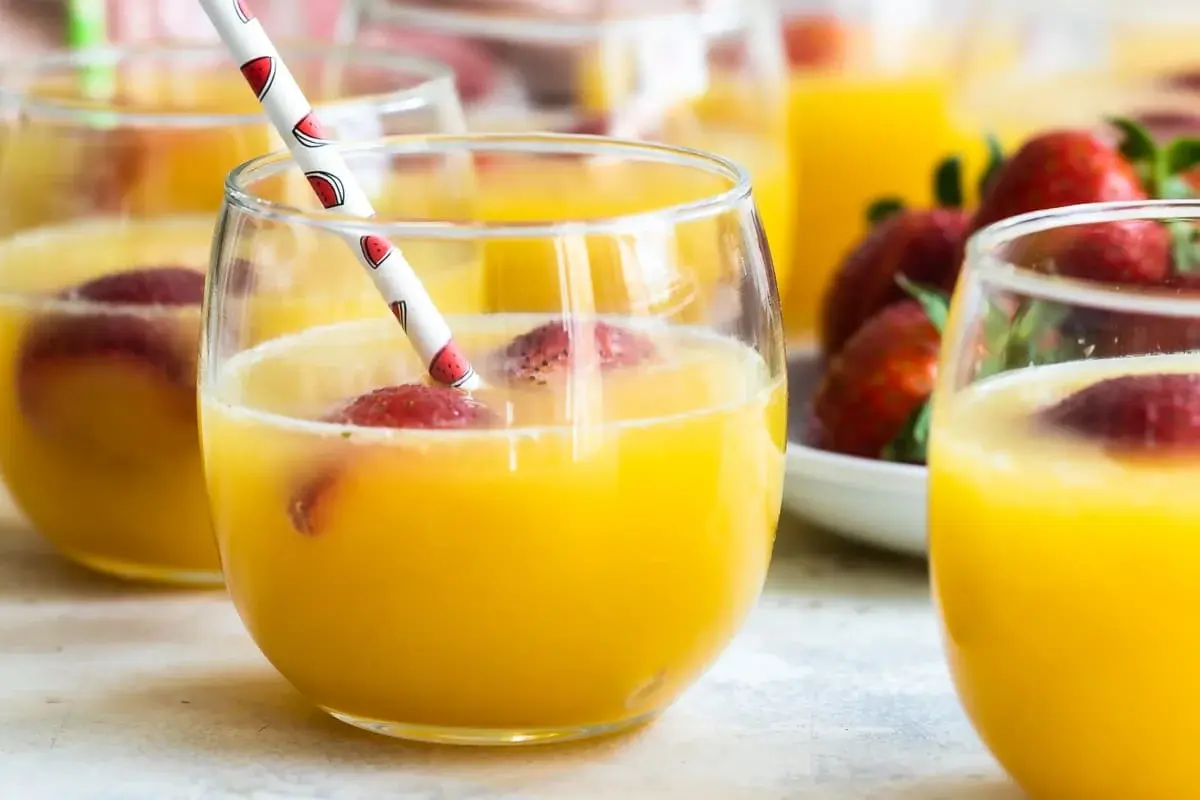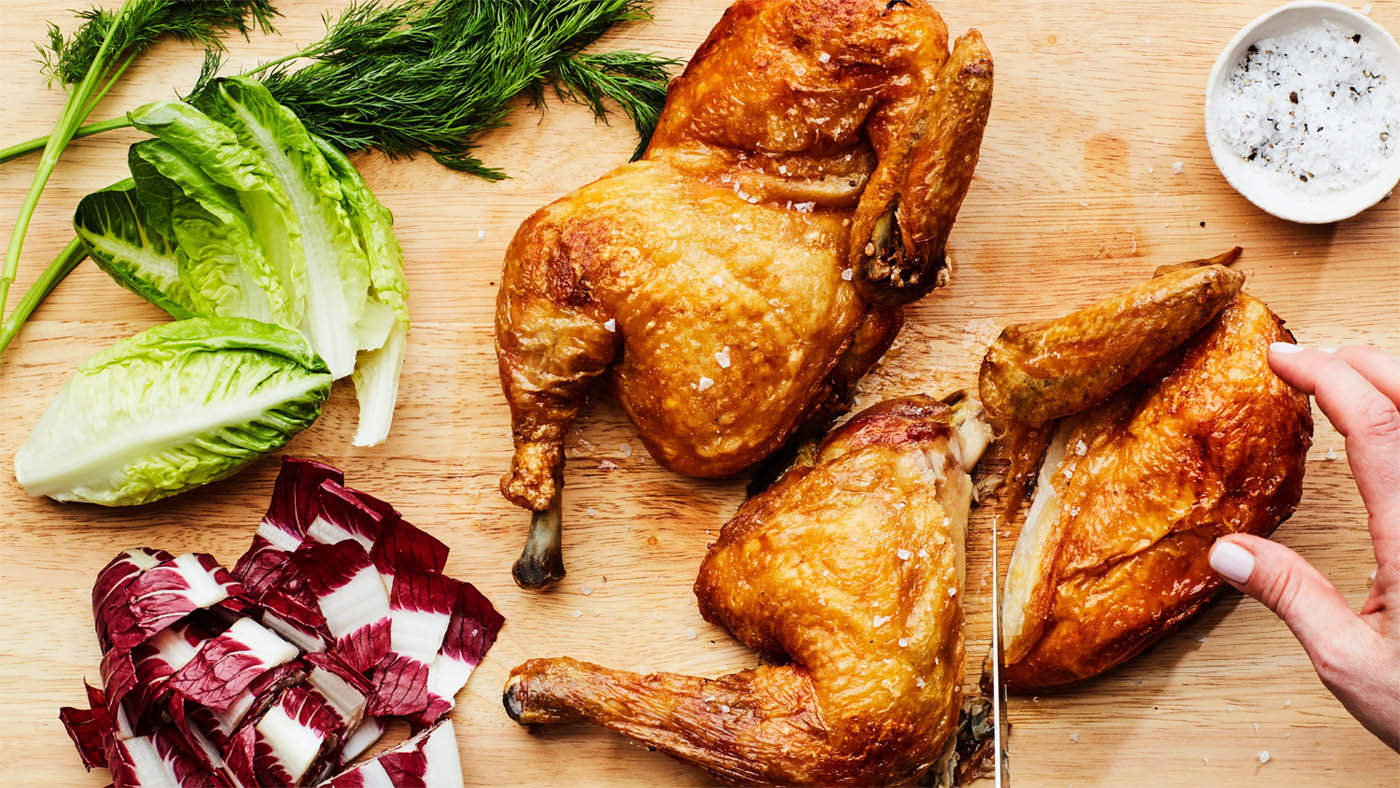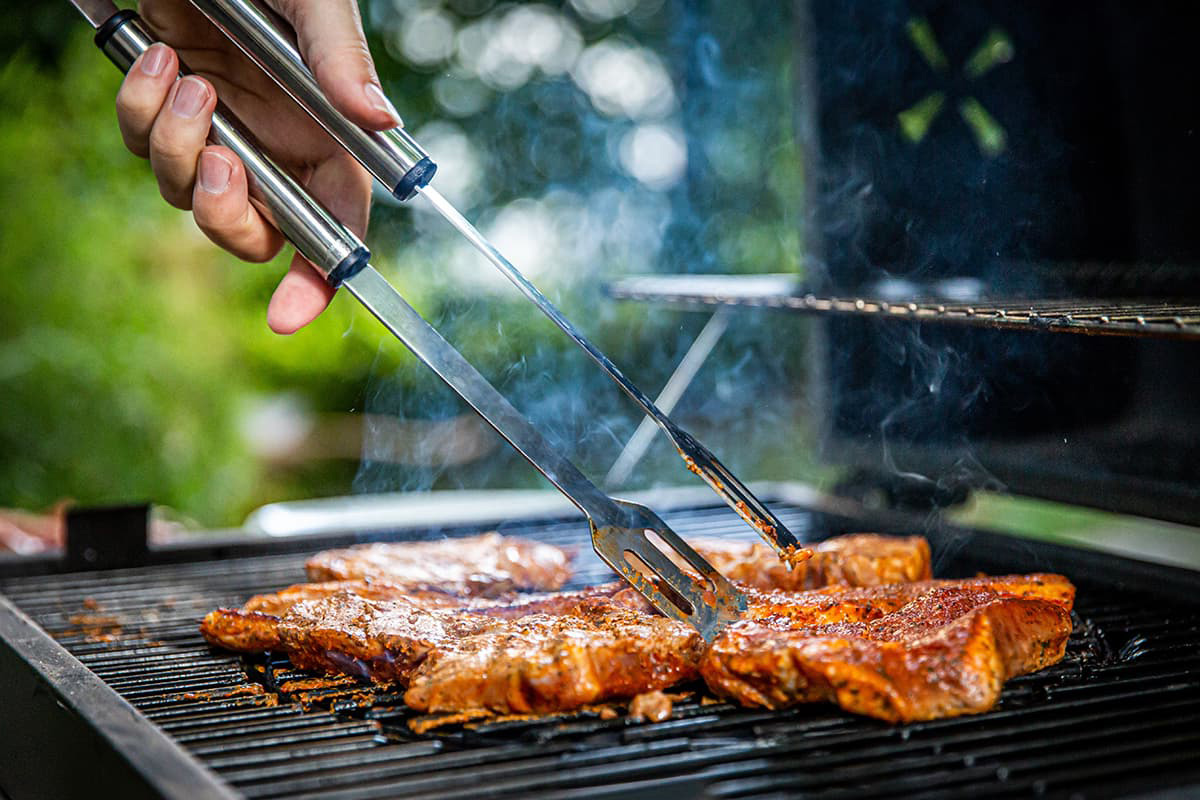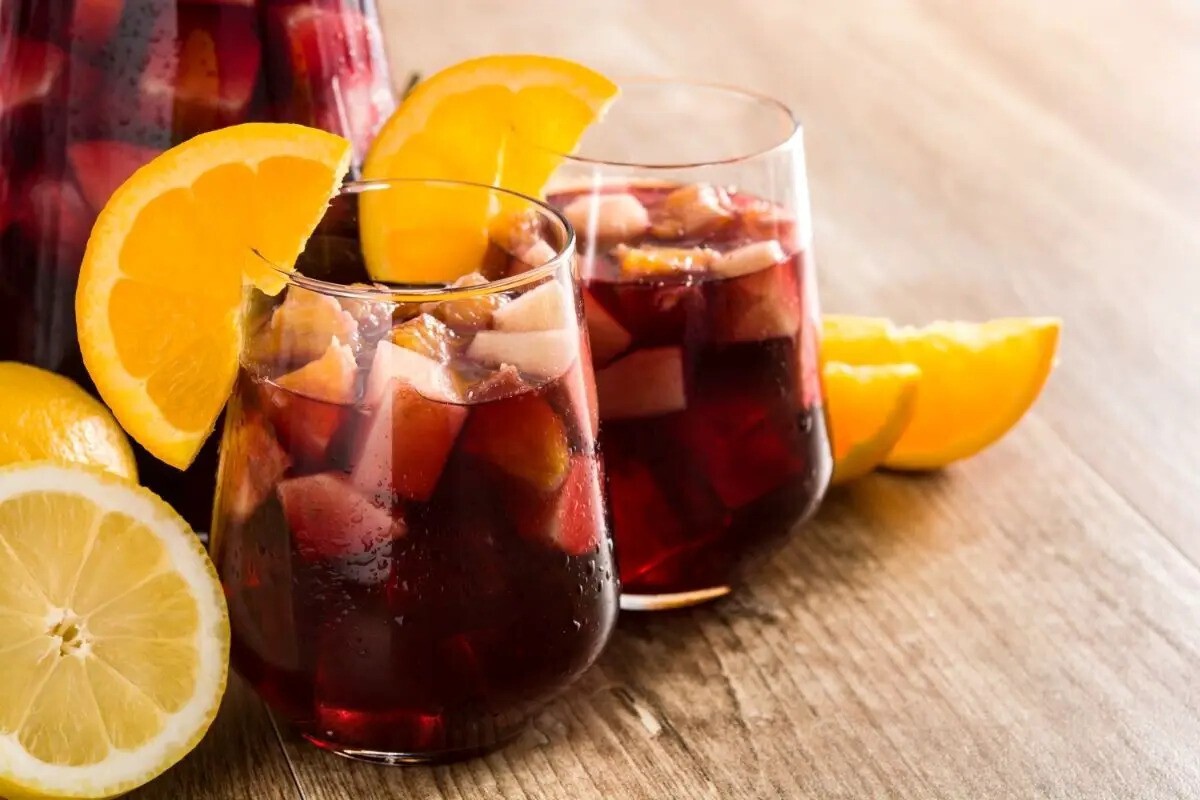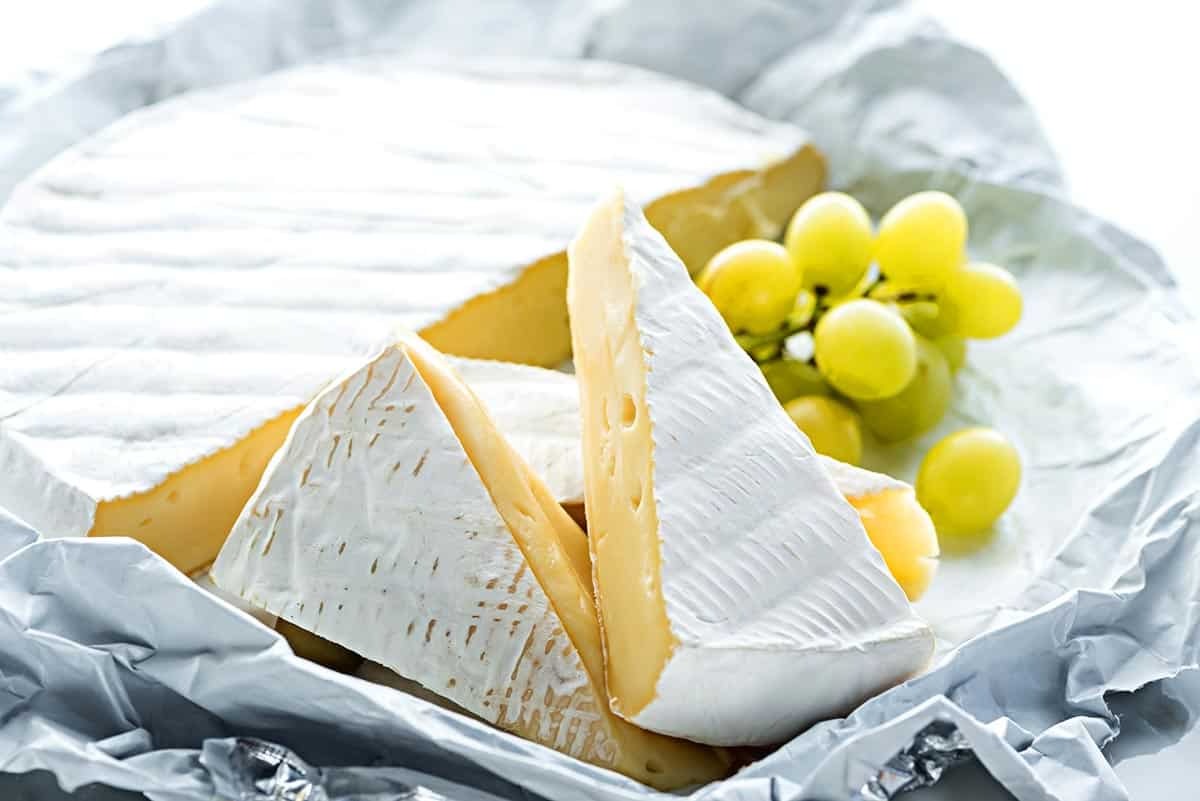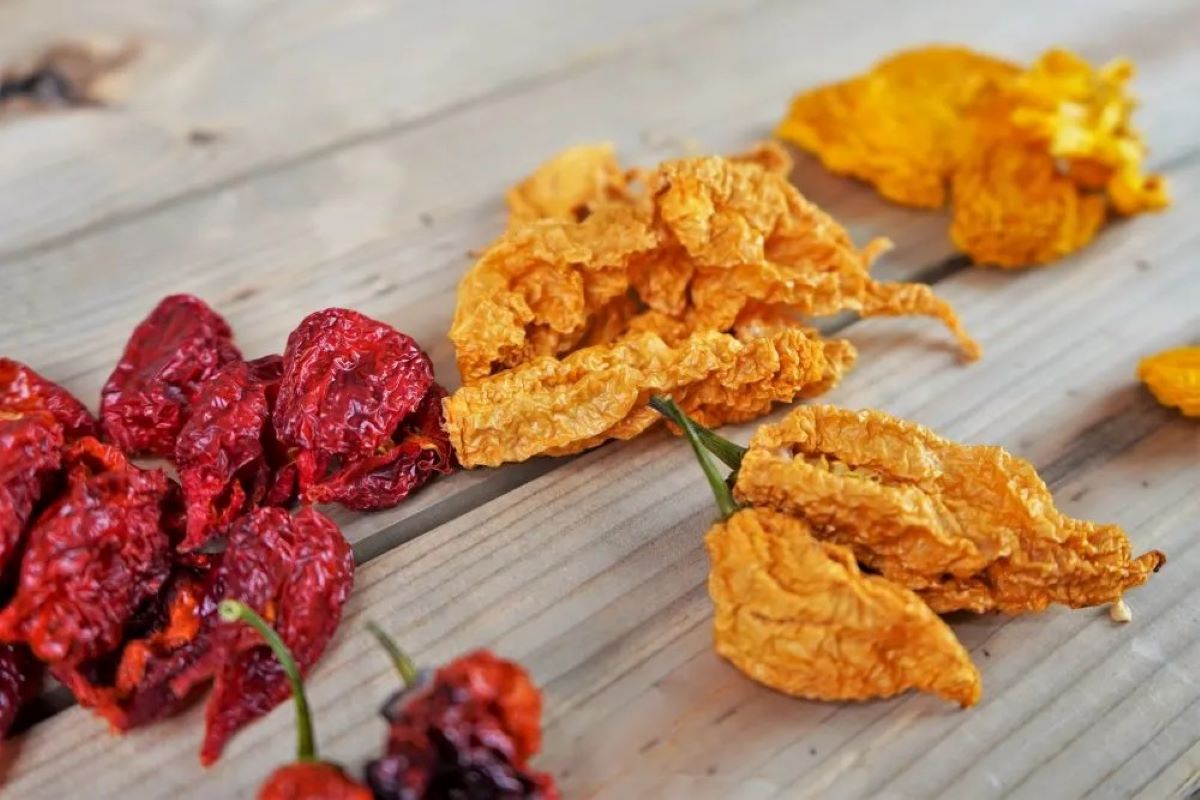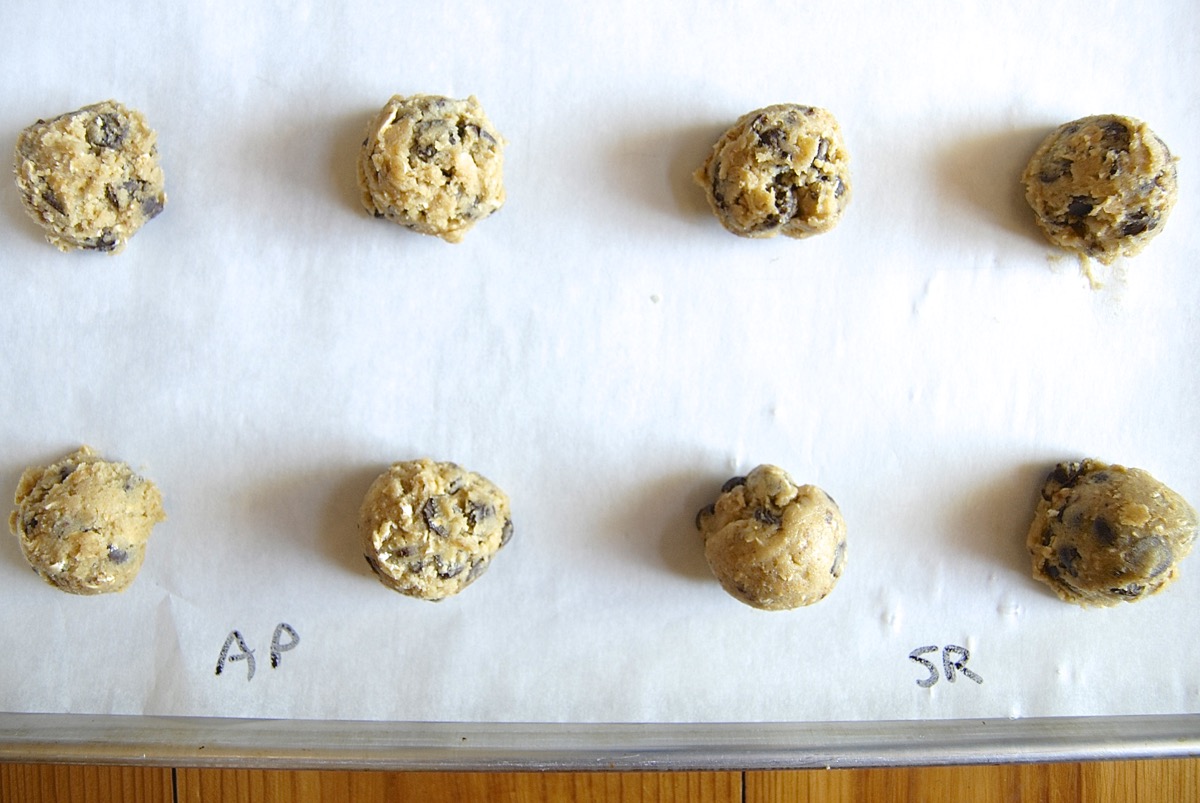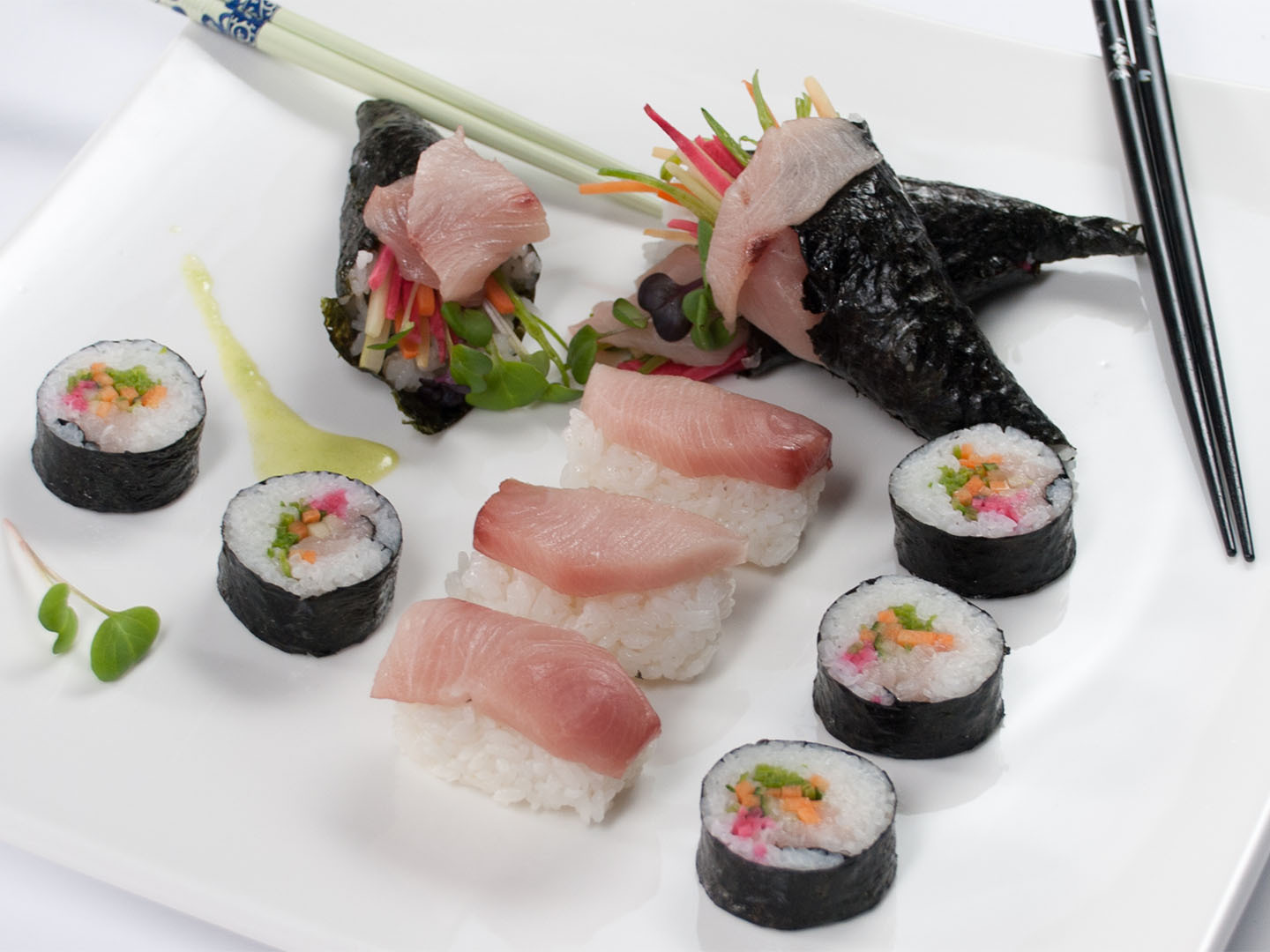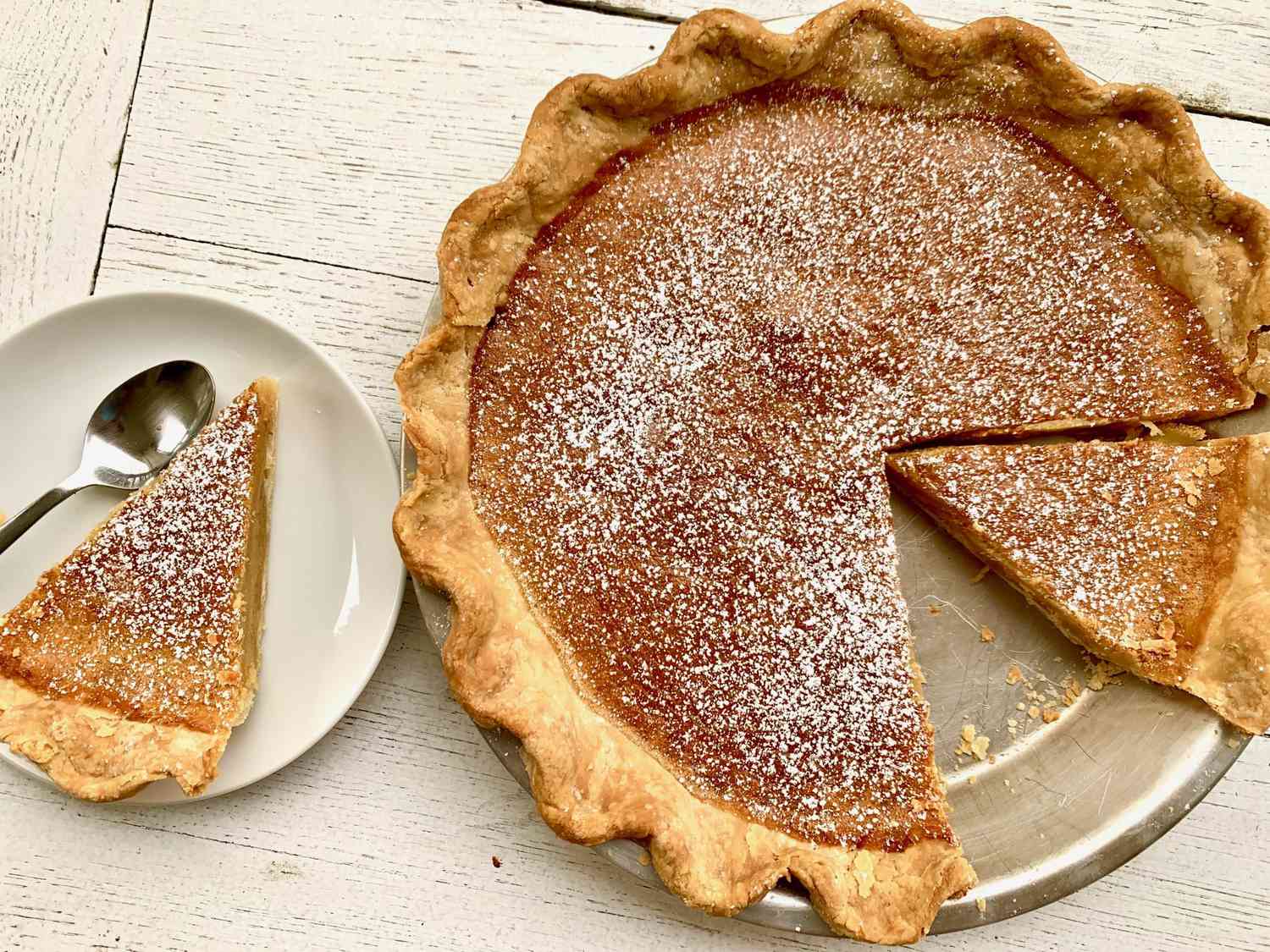Understanding Vermouth: A Closer Look at Its Ingredients
When it comes to the world of cocktails, vermouth is a key player. This aromatic and flavorful fortified wine has been a staple in bars and kitchens for centuries. But have you ever wondered what exactly vermouth is made of? Let’s take a closer look at the ingredients that make up this beloved beverage.
The Base Ingredients
Vermouth is primarily made from a base of white wine. This wine is often a neutral grape variety that serves as the foundation for the drink. The base wine is then fortified with a neutral spirit, typically brandy, to increase its alcohol content and stabilize the final product.
Botanicals and Flavorings
What sets vermouth apart from regular wine is the addition of botanicals and flavorings. These can include a wide range of ingredients, but some of the most common ones include:
- Aromatics: Herbs and spices such as wormwood, which is where vermouth gets its name, as well as chamomile, cinnamon, and ginger.
- Citrus: Ingredients like orange peel and lemon zest add a bright and zesty note to the flavor profile.
- Bittering Agents: Substances like gentian root and quinine provide the characteristic bitterness that balances out the sweetness of the wine.
- Sweeteners: Vermouth can be sweetened with sugar or other sweetening agents to achieve the desired flavor profile.
The Production Process
After the base wine is fortified and the botanicals and flavorings are added, the mixture is typically left to macerate for a period of time. This allows the flavors of the botanicals to infuse into the wine, creating the complex and nuanced taste that vermouth is known for.
Once the maceration process is complete, the vermouth is often filtered to remove any solid particles and then bottled for distribution and consumption.
Variations in Ingredients
It’s important to note that there are different styles of vermouth, each with its own unique set of ingredients. For example, sweet vermouth tends to have a higher sugar content and a more pronounced sweetness, while dry vermouth is characterized by a drier, more herbal flavor profile.
Additionally, different producers may have their own proprietary blend of botanicals and flavorings, leading to variations in taste and aroma across different brands of vermouth.
Conclusion
So, the next time you enjoy a classic martini or a refreshing Negroni, take a moment to appreciate the artistry and craftsmanship that goes into creating vermouth. From the base wine and fortifying spirit to the carefully selected botanicals and flavorings, each ingredient plays a crucial role in shaping the distinctive character of this beloved beverage.
Understanding what vermouth is made of can deepen your appreciation for this versatile and flavorful drink, and perhaps inspire you to explore the world of vermouth cocktails with a newfound sense of curiosity and enthusiasm.
Was this page helpful?
Read Next: What Is Rarebit
